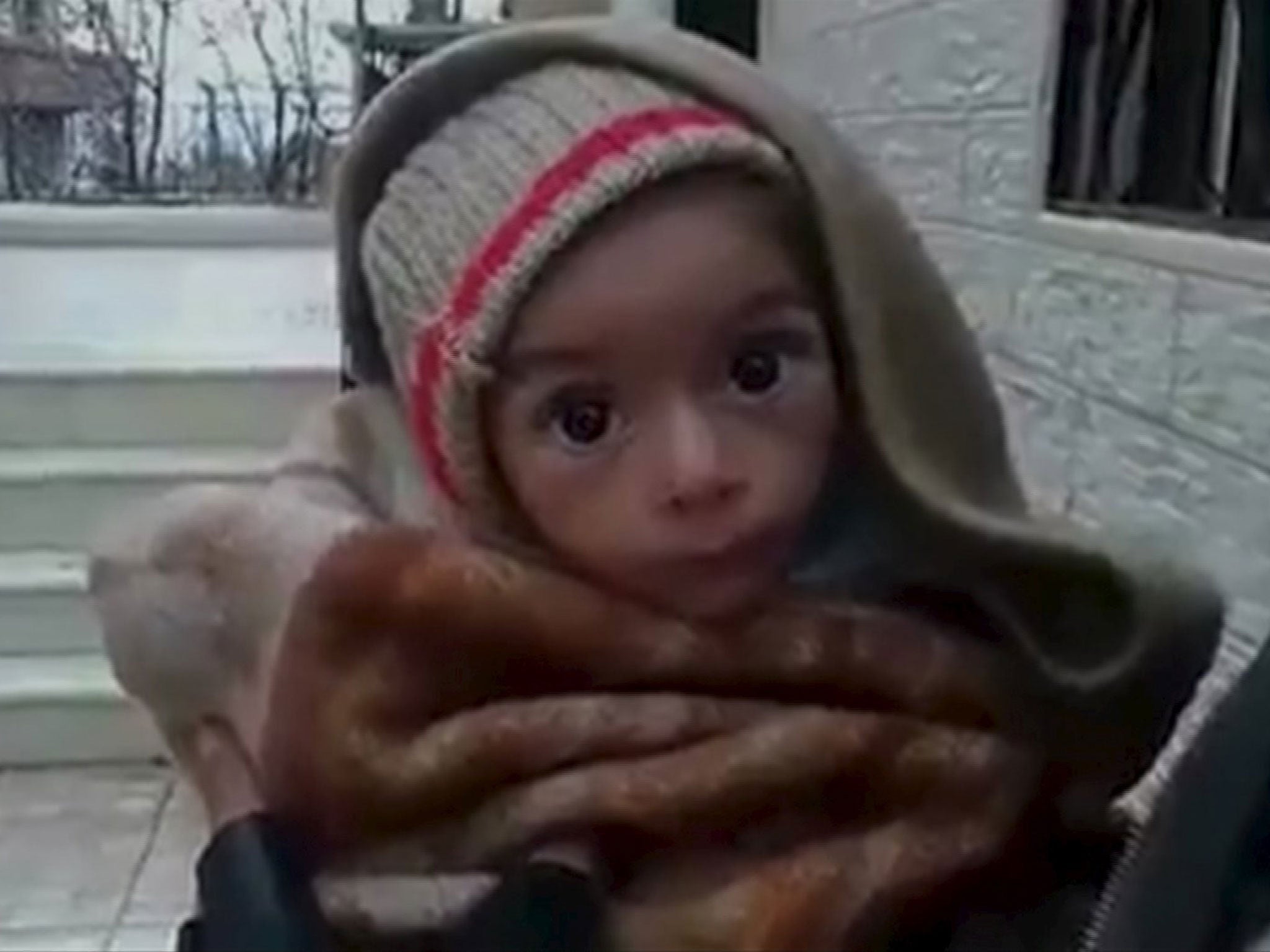How can there be peace when Assad continues to starve thousands of Syrians?
It is impossible to foresee an end to the conflict with such atrocities ongoing

With negotiations yet to get off the ground in Geneva, we all have the same big question," who really wants peace in Syria?"
There is a clear trend that has preceded almost every local ceasefire in different towns in Syria over the last three years.
Each ceasefire agreement asked the Syrian regime to lift its siege, allow medical and humanitarian aid into affected towns, and pull out to their peripheries. They also asked for local detainees to be released.
Most of these requests were not met, those that were violated frequently.
On the occasions when sieges were lifted and citizens had the opportunity to move more freely, many chose to flee, fearing a renewed or more complete siege and starvation. In what seems to be a systematic process, the Syrian regime then rarely allowed these people back in to their towns.
In November, the UN was able to deliver 1 per cent of the humanitarian needs to besieged areas. This equals one meal a month per person.
The UN declared who was blocking the requests – it was the regime. In the convoys to the besieged areas most of the essential medical supplies were intentionally removed. That an estimated one million Syrian children have not been vaccinated does not come as a surprise.
Recently we shared with footage and medical reports about the starvation in Madaya. Madaya's case built up over six months.
Eventually the UN was allowed in to deliver aid, but up until today, two people continue to die each day as a result of the starvation. Only a limited number of patients were evacuated, and some still died after they were evacuated.
What is more alarming were the calls made by the forces enforcing the siege to evacuate parts of the town earlier this week and the current calls that locals can be allowed out of the town and out of the siege provided that they give away their houses and never return.
Comparable patterns are noticed in Daraya, Moadamia, and many other towns accounting for hundreds of thousands of civilians under complete siege.
Blocking humanitarian access is not acceptable, and holding people hostage in order to achieve a better negotiating position is not humane.
Whoever wants peace within the regime should start by lifting the siege on every town from suburban Damascus to suburban Idleb. Going forward and to enforce peace, the UN Security Council should create and enforce an accountability mechanism based on the violations reported by the UN agencies. Besides that, the international community might be able to force ceasefires, but not peace.
Without clear accountability for war crimes, all of the current ceasefire agreements will be the result of starving communities to death followed by forceful displacement of the civilians.
This is not the way to build peace.
Dr Ahmad Tarakji is President of the Syrian American Medical Society
Join our commenting forum
Join thought-provoking conversations, follow other Independent readers and see their replies
Comments
Bookmark popover
Removed from bookmarks